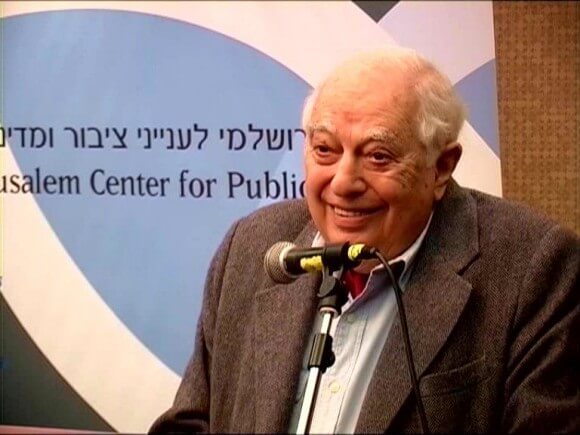‘The clash of civilizations’ theory is absolutely and completely dead
Middle East
James North on March 29, 2014 107 Comments
[size]

The late Samuel P. Huntington, at the World Economic Forum in 2004, from WikipediaIt is far too early for a conclusive historical verdict on the wave of uprisings that have swept across the Middle East since a street vendor in Tunisia named Mohamed Bouazizi protested his unfair life by burning himself to death in December 2010. A half dozen Arab nations have been torn by massive popular uprisings, and no honest person can predict whether the eventual outcomes will be democracy, military rule, or something else again.
But one thing is certain; the “clash of civilizations” theory is absolutely and completely dead. The analysis, which was put forward in the early 1990s by the British-American Orientalist Bernard Lewis and by Harvard professor Samuel P. Huntington, argued that something they called “Islam” was a monolithic force, which was hostile to the West due to wounded pride and deep feelings of inadequacy. “Islam” was also expansionist and prone to violence. Huntington’s most famous statement was “Islam has bloody borders.”
Genuine scholars, of the Mideast and elsewhere, challenged the theory right from the start. But the events of the past three years have shown just how preposterous it was. Let us start with Egypt. History continues there at a rapid pace, but for now trying to identify a unified, expansionist “Islam” is simply laughable. The Muslim Brotherhood might have fit the bill, but it has been outlawed by a pious army general with massive popular support – including from even the more conservative Salafi Muslims.
Clash of civilizations theory would also have predicted that Saudi Arabia, the heart of the world of “Islam,” would rally to the Brotherhood’s side. In fact, the Saudis hate the Brotherhood and are propping up the pious general with billions of dollars in aid.
And so on across the region. Where will the now 97-year-old Bernard Lewis locate the unified sinister Islamic juggernaut in the midst of Syria’s terrible civil war?

Bernard Lewis, at the Jerusalem Center for Public AffairsThe evident absurdity of the theory should not hide how influential it was. Huntington launched it in the magazine
Foreign Affairs, as an article that became the single most popular piece in the publication’s history. Bernard Lewis was feted in the mainstream media, appeared regularly on television, and advised the Bush administration before the disastrous 2003 invasion of Iraq.
Forty years ago, I took a course from Samuel Huntington (and two other professors). It is hard to square the thin, gawky, bespectacled man I remember from the lecture room with the bloodthirsty, combative theory he helped come up with. Maybe he is lucky he did not live long enough to see his most famous intellectual contribution so convincingly destroyed.
[/size]












